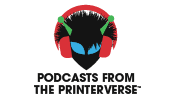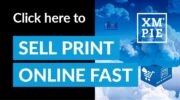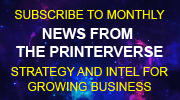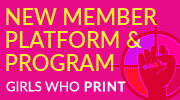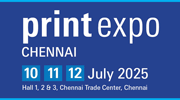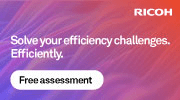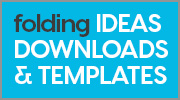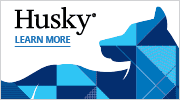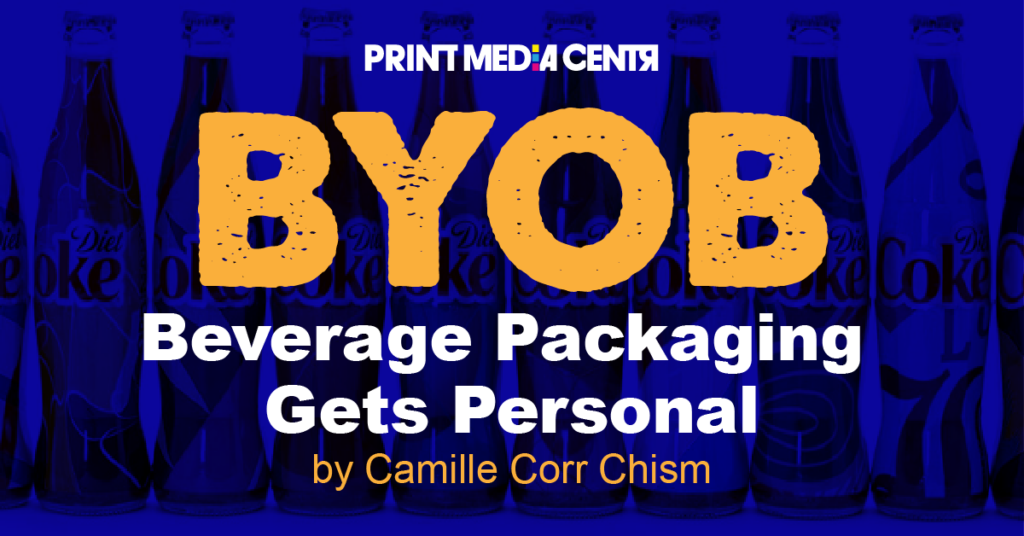
It is estimated that the global digital print market for packaging will reach $28 billion by 2024. This segment has grown by leaps and bounds over the last ten years. Packaged beverages have been a significant driver of growth. Beverage manufacturers made digital printing one of the standard printing processes in the packaging industry.
As demographics shift, millennials are driving change in the landscape of packaging.
An influential generation of consumers makes purchase decisions based on characteristics such as personalization or customized packaging. The beverage industry has incorporated digital print technologies to accomplish this and make packaging a selling point.
Digital print incorporates the desire for personalized packaging and is used for targeted, innovative promotions. Packaging can integrate functions such as augmented reality (AR) and QR codes. Another attractive feature of digital printing for consumers is sustainability, graphics can be printed directly on the packaging with inks that improve the ease of recycling glass bottles and aluminum cans.
During manufacturing, digital print is used for promotions because it allows for an unlimited number of unique prints in a single run without changeover. Minimum order quantities are essentially eliminated, manufacturing runs can be as reduced to a batch of one.
Here are some interesting examples of beverage packaging with digital printing:

The beer industry has expanded with local breweries and craft formulations. In the past, small batches would require generic packaging, manually placed labels, or non-recyclable sleeves. This is a great option for craft breweries that specialize in smaller batches and special brews. One Italian beer maker used digital print technology from Crown and Velox Ltd to brand their offerings, giving them the ability to run products in recyclable aluminum cans and print 500 cans per minute. Labeltopia in Australia was involved in a marketing campaign to produce one-of-a-kind beer bottles, distinguished by the ability to order personalized beer bottles for an upcharge.

With a reputation for innovation, Coca-Cola Canada held a promotion in the autumn of 2016. Millions of vibrant one-of-a-kind bottles were introduced by Diet coke produced using HP digital printers. The colorful bottles were distributed throughout Canada. Most people are familiar with the popular Share a Coke campaign. Digital printing expertise allowed Coca-Cola to print bottles with names, driving sales as people searched for the bottle that ‘belonged’ to them.
Beverage companies previously used label or shrink sleeves and decided to improve recycling in the last three years. Converting to digital printing on aluminum cans, glass bottles, and PET bottles addressed several issues, such as holding excess packaging materials for larger batch runs, leading to warehoused containers collecting dirt while staged. Additionally, packaging can be run at line speeds of approximately 60 per minute.

The wine and spirit industry is known for distinguishing brands with new and interesting flavors as well as regularly offering special promotions. Bacardi has a reputation for interesting promotional bottles that glow in the dark or are bedazzled with sequins. Bacardi used digital printing in conjunction with O-I: EXPRESSIONS (Dekron) to include AR and social media on the bottles to enhance the experience and customize the bottles for the holiday season. Bacardi also appealed to customers through sustainability, using organic ink instead of printed sleeves.
Last, but not least, here are some of the players in this creative space.
HP Indigo is able to digital print on glass and aluminum and uses HP Mosaic software to layout the graphics and manage the printing.
Tonejet prints on aluminum cans are able to run a batch of one, and production rates range from 10-120 cans/minute, eliminating labels or shrink wrappers
O-I, now part of Krones produces digital print on wine bottles, and Dekron, also owned by Krones features DecoType for glass & PET bottles, running a range of 75 to 600 bottles per minute.
Solucan produces cans with high-quality print, and lower minimum order quantity (MOQ) requirements. Sustainability is important, the inks are safe for food packaging, and custom colors, printed directly on the packaging, are possible.
Crown and Velox Ltd have partnered up and can run 500 cans per minute on their equipment, markedly increasing the line speed for canning operations using digital print.
Ardagh in Luxembourg focuses on customizing beverage can packaging with a product named ‘H!ghend’.
The incredible number of options have allowed consumers the ability to have personalized beverages, take advantage of technology for enhanced experiences like AR, be more sustainable, and be drawn to aesthetically pleasing packaging.
 Camille Corr Chism, CPPL Fellow, has a diverse background in packaging engineering, design, supply chain, project management, and new product introductions. Her experience includes a variety of industries including food, e-commerce, technology, distribution, pharmaceutical, industrial, and automotive. Earning an MS and BS in Packaging, Camille earned a Six Sigma Black Belt (2019), and a lifetime certification as a Certified Packaging Professional in 2006. She was inducted into the IoPP College of Fellows in 2014.
Camille Corr Chism, CPPL Fellow, has a diverse background in packaging engineering, design, supply chain, project management, and new product introductions. Her experience includes a variety of industries including food, e-commerce, technology, distribution, pharmaceutical, industrial, and automotive. Earning an MS and BS in Packaging, Camille earned a Six Sigma Black Belt (2019), and a lifetime certification as a Certified Packaging Professional in 2006. She was inducted into the IoPP College of Fellows in 2014.
Camille is the owner of Indigo Packaging and Consulting. She is the go-to person for all your packaging products and packaging design needs. Connect with her on LinkedIn, LinkedIn Company Page, Twitter @indigopkg, and Instagram @indigopkg

